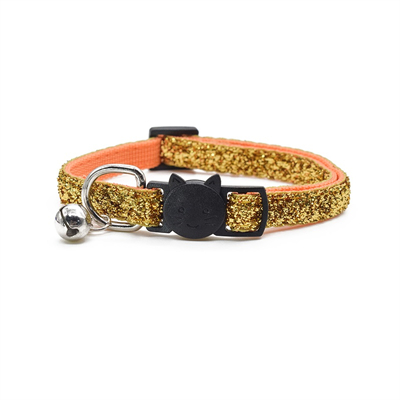Health and wellness dog supplements can be beneficial for maintaining your dog’s overall health, addressing specific health issues, or supporting their specific dietary needs. However, it’s essential to consult with your veterinarian before adding any supplements to your dog’s diet, as their recommendations will be based on your dog’s individual health status and needs. Here are some common dog supplements that are often used for health and wellness:
- Multivitamins and Minerals: Multivitamin supplements can help fill in nutritional gaps in your dog’s diet, especially if they have a limited or unbalanced diet. These supplements typically contain essential vitamins (like A, B, C, D, and E) and minerals (such as calcium, phosphorus, and zinc).
- Omega-3 Fatty Acids: Omega-3 fatty acids, found in fish oil supplements, can support your dog’s skin, coat, and joint health. They also have anti-inflammatory properties and can be beneficial for dogs with allergies or joint issues.
- Glucosamine and Chondroitin: These supplements are often used to support joint health and reduce arthritis-related pain and inflammation. They are commonly given to older dogs or those with joint problems.
- Probiotics: Probiotics promote a healthy balance of gut bacteria in your dog’s digestive system. They can help with digestion, boost the immune system, and alleviate gastrointestinal issues.
- Digestive Enzymes: Digestive enzyme supplements can aid in the digestion and absorption of nutrients, particularly in dogs with digestive disorders or food sensitivities.
- Antioxidants: Antioxidant supplements, like vitamin C and E, help combat free radicals in your dog’s body, which can contribute to aging and various health issues.
- Coenzyme Q10 (CoQ10): CoQ10 is an antioxidant that supports heart health and may be recommended for dogs with heart conditions.
- Milk Thistle: Milk thistle supplements can support liver health and detoxification processes in dogs with liver issues.
- Biotin: Biotin supplements can promote healthy skin and coat and may be beneficial for dogs with skin problems.
- Lysine: Lysine supplements are often used to manage and prevent feline herpesvirus in cats, but they can also be used in dogs for various health issues.
- CBD Oil: Some pet owners use CBD (cannabidiol) oil to manage anxiety, pain, and inflammation in dogs. It’s essential to consult with a veterinarian experienced in CBD use for pets and choose a reputable product.
- Herbal Supplements: There are various herbal supplements available for dogs, like echinacea, turmeric, and milk thistle, which are believed to offer various health benefits. Always consult with a veterinarian before using herbal supplements.
When considering supplements for your dog’s health and wellness, it’s crucial to follow your veterinarian’s guidance on dosages and product recommendations. Avoid giving your dog supplements intended for humans, as they may contain ingredients that are harmful to dogs. Additionally, remember that supplements should complement a balanced diet and not replace it, so focus on providing your dog with a nutritionally complete and appropriate dog food.





















